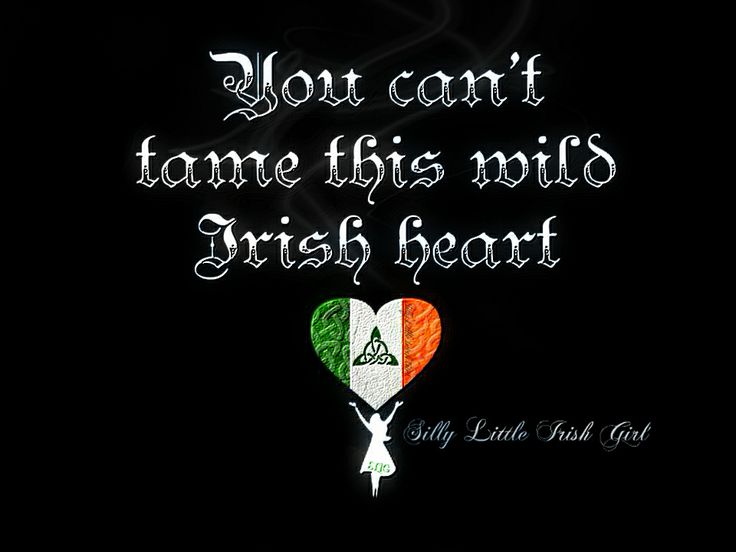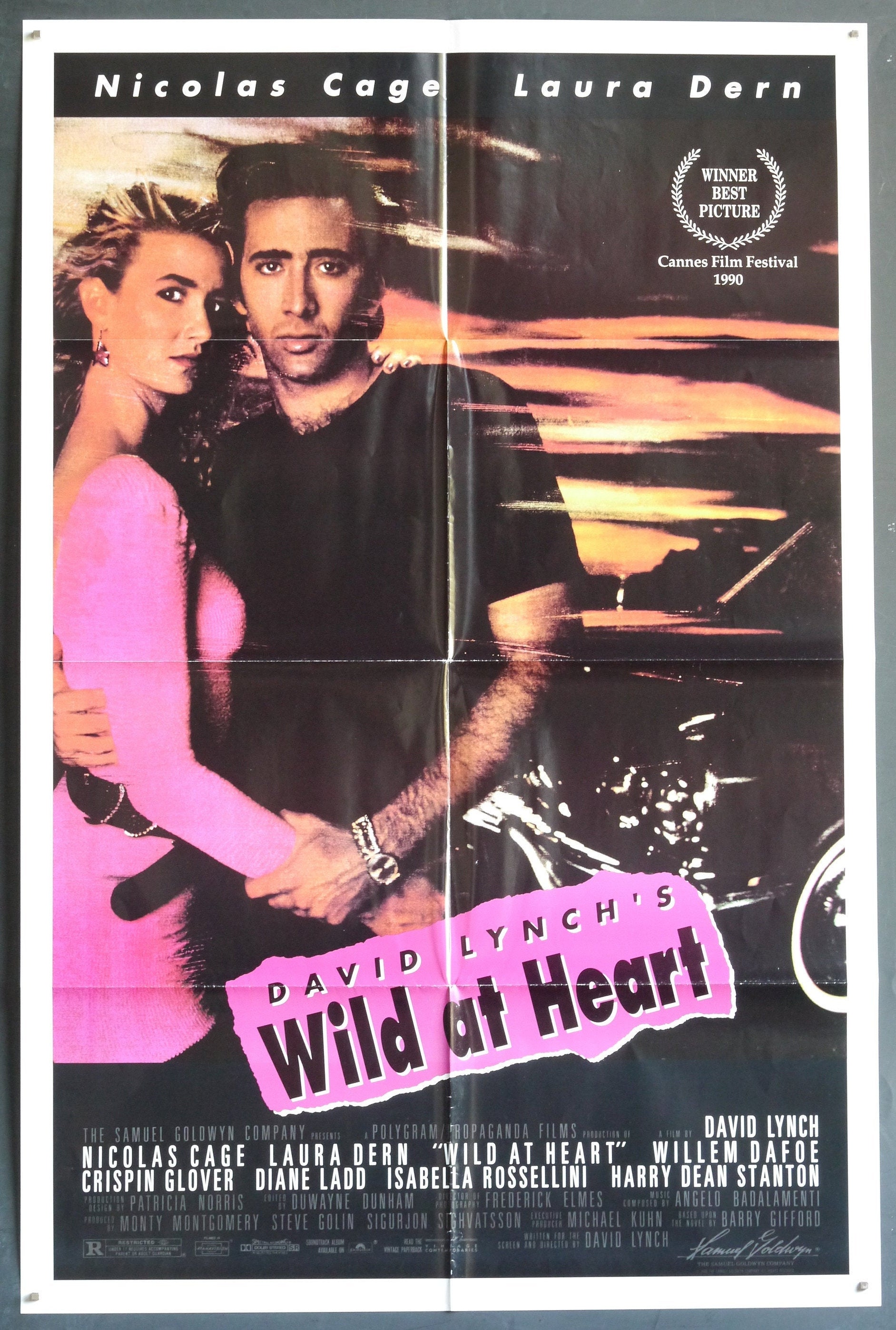
“Ha! hold my brain be still my beating Heart.” The earliest instance of the full ‘be still, my beating heart’ appears in William Mountfort’s Zelmane, 1705: “My beating Heart Bounds with exulting motion.” It is first recorded in Nicholas Rowe’s Tamerlane, a tragedy, 1702: ‘My beating heart’ was a stock expression for 18th century novelists and poets. “When from the Goal they start, The Youthful Charioteers with beating Heart, Rush to the Race.” The phrase “beating heart” was used as early as 1697 by John Dryden in The works of Virgil: It is most used today to express a breathless response to something exciting on the romantic front, as “be still my heart.” Origin of ‘be still my beating heart’

Including the word “beating” makes it melodramatic, and humorous. The saying ‘be still my beating heart’, at its most basic, is an expression of excitement when seeing the object of one’s romantic affections – the heart is racing and one can almost hear it beating. Each Shakespeare’s play name links to a range of resources about each play: Character summaries, plot outlines, example essays and famous quotes, soliloquies and monologues: All’s Well That Ends Well Antony and Cleopatra As You Like It The Comedy of Errors Coriolanus Cymbeline Hamlet Henry IV Part 1 Henry IV Part 2 Henry VIII Henry VI Part 1 Henry VI Part 2 Henry VI Part 3 Henry V Julius Caesar King John King Lear Loves Labour’s Lost Macbeth Measure for Measure The Merchant of Venice The Merry Wives of Windsor A Midsummer Night’s Dream Much Ado About Nothing Othello Pericles Richard II Richard III Romeo & Juliet The Taming of the Shrew The Tempest Timon of Athens Titus Andronicus Troilus & Cressida Twelfth Night The Two Gentlemen of Verona The Winter’s Tale

This list of Shakespeare plays brings together all 38 plays in alphabetical order.


 0 kommentar(er)
0 kommentar(er)
